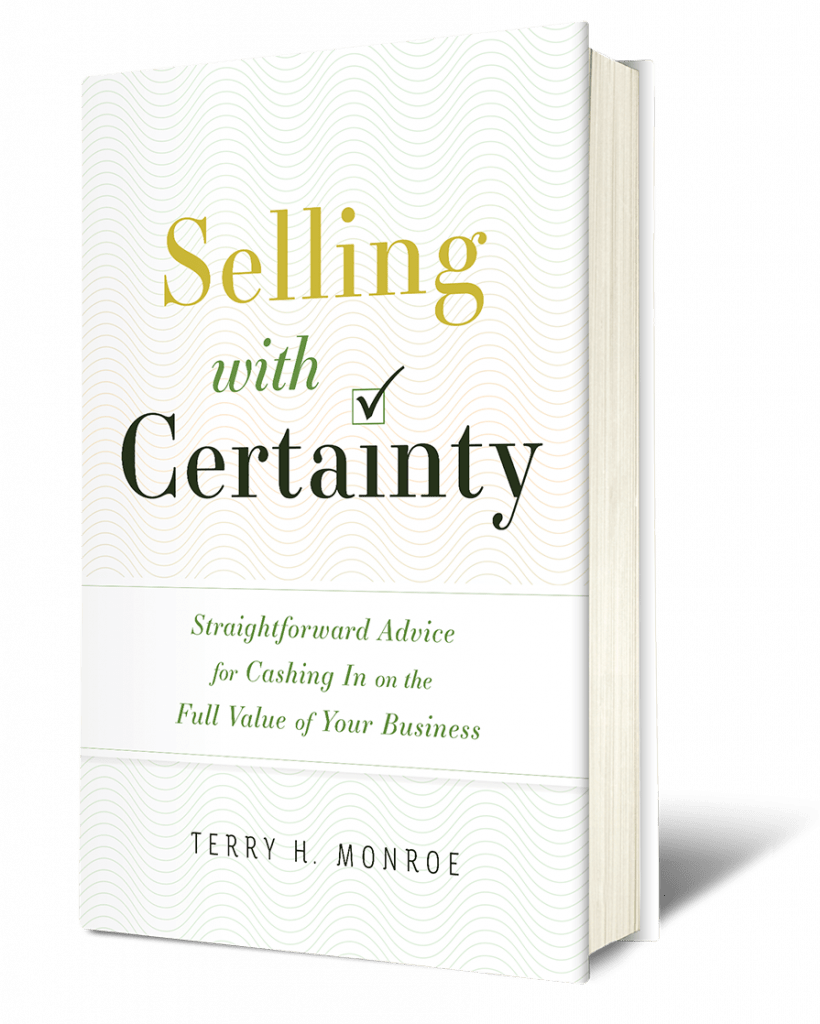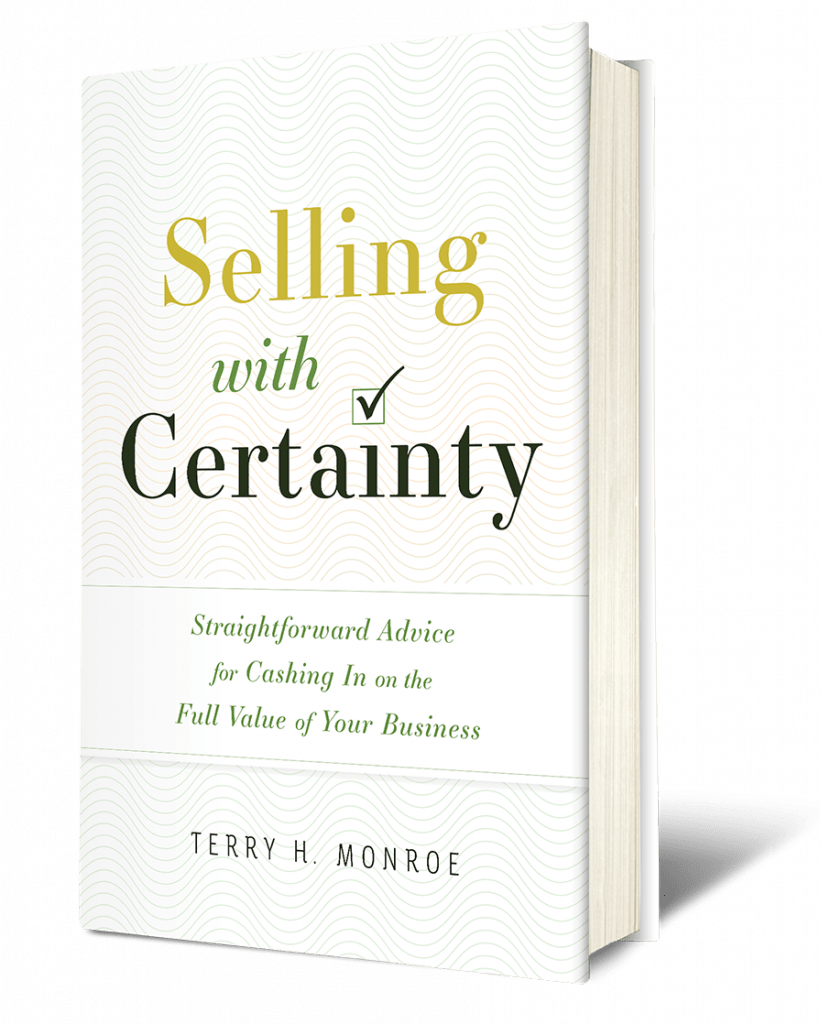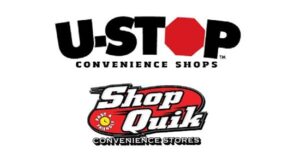By: Tim McDaniel, CPA/ABV, ASA, CBA
Principal, Director of Business Valuation Service, Rea & Associates
Factors to Consider in Timing a Business Sale
Timing is the single most important factor in selling a business. To understand why, you must first understand what usually drives the ultimate price paid for a business. The best time for an owner to sell is when the anticipated cash flows are high and the perceived risk is low.
Economic conditions, industry trends, buyer activity and a company’s overall performance and infrastructure all contribute to maximizing optimal timing – but the business owner who plans early can be quite influential, as well. If he or she sets and sticks to a definitive strategy, business proceeds will likely be higher when the time comes to sell.
At the same time, it is equally important to consider the impact of external factors outside the owner’s control. These factors will significantly influence the price paid for a business. With both internal and external factors in mind, the business owner must assess whether the overall selling climate is optimal now or is likely to improve in the future.
First, let’s looks at the factors within the owner’s control and how he or she may be able to increase the amount earned for the business sale.
Financial position of the company
If a successful business owner knows that he or she wants to retire in a few years, early planning is pertinent. Rather than waiting a few years, sell when the cash flow level is at its highest. In addition, reviewed or audited financial statements, great records and internal controls will lessen the buyer’s perceived risk and will ultimately force him or her to pay more for the business.
Management depth
The more reliance there is on just one or two individuals, the higher the level of risk associated with the purchase of a business. The best time to sell is when there is enough management depth to reduce the risk levels to the buyer.
If the profitability of a business is highly reliant on one or two individuals, the seller will want assurance that future revenues and profits will remain high. This is done through an earn-out provision. The buyer will only pay a small percentage of the total purchase price immediately, and the rest of the purchase price will be paid on a “if come” basis. This is may be acceptable if the seller does not mind working a few years to ensure that the maximum price will be paid.
Customer or supplier concentrations
This concept is similar to that of management depth. High profits from just a few customers or suppliers can also increase the level of risks associated with the purchase of a business. In an all-cash deal, the amount paid for the business would be discounted for the associated risks. Usually when more than 20 percent of the sales come from one customer, some sort of earn-out arrangement is made based on the retention of the customer. This is hard for the seller who wishes to retire and forget about the business.
Owner burn-out or illness
Last year, I was at a conference with an owner who was considering selling her business. She had been in the business for 30 years and no longer felt motivated – her heart just wasn’t in the work. This was evident in her financial statements that showed lower sales and profitability. When we’re feeling burnt-out, we don’t pay attention to the things that make great differences in our business’ success.
Planned retirement is perhaps the best reason for selling. Retirement provides the buyer with a valid reason for the owner wanting to sell and ensures him or her that there are no ulterior motives behind the decision.
While the business owner cannot control certain external factors, he or she can determine the proper time to sell the business by understanding how these factors affect the selling price. Below are several factors to consider:
National economy and business cycle
It’s best to sell a business when the economy is robust because the demand for products is naturally stronger. When the economy is weak, sales and profitability usually decrease, in turn making businesses less profitable. Normally, it is best for a company to sell at its peak. Since buyers put more weight on the last two or three years’ results, it is important to sell when the company has been most profitable for several years.
Interest rates and credit availability
When interest rates are dropping, borrowing costs are lower and therefore a buyer can afford to pay more for a business. However, due to the current economic conditions, credit is harder to obtain and higher down payments are required. When credit policies are tight, the supply of buyers is significantly lower. This is an optimal time for a buyer with great credit to purchase a business. Banks are competing hard for strong deals.
Tax implications
It is important to consider tax costs (payroll, income, estate, capital gains and personal property) when considering the sale of a business. Recent changes in the tax code and favorable tax court cases are now allowing the seller to take full advantage of considerable tax savings.
Stock market influence
When the stock market is up, publicly traded companies can purchase other stocks at better prices, making acquisition easier. If a publicly traded company could buy your business, it would be best to sell when the company’s stock price is higher. Restrictions sometimes prevent selling publicly traded stock used in an acquisition, so the business owner must have confidence that the stock will not drop in the future.
Industry legislation
When deciding whether or not to sell a business, an owner must first determine whether government regulations are likely to increase or decrease in the future. If it looks as though government regulations may restrict the industry in the future, selling now may be a good option.
Labor costs
If labor costs look as though they might rise significantly in the future, it may be a good time for business owners to consider selling. When labor costs go up, profitability decreases along with the value of the business.
Buyer activity
More buyers competing for your business tends to drive up the price. You should be well aware of the buying activity that is going on in your industry.
Numerous other factors, both internal and external, can impact the timing in selling a business. With so many things to consider, it is not possible for all of these factors to be in your favor at the same time. But by realizing how certain trends and situations can affect a business’s success, owners are able to make more sound decisions when it comes time to sell.










